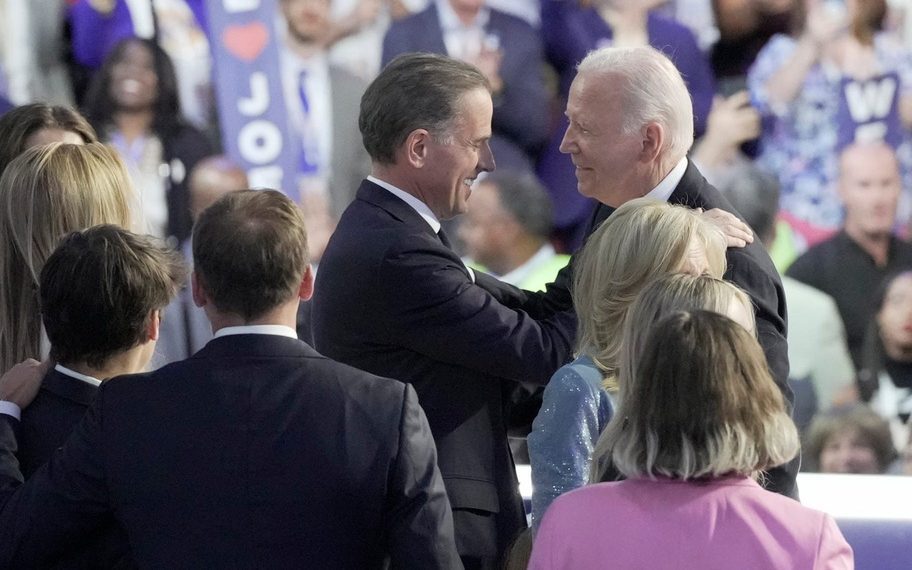In a stunning turn of events, President Joe Biden’s decision to pardon his son, Hunter Biden, has sparked international controversy, with Russia condemning the move as “a caricature of democracy.” This unexpected twist in the ongoing saga surrounding Hunter Biden’s federal felony gun and tax convictions has not only divided political figures but also raised questions about the integrity of the justice system.
The Russian foreign affairs spokeswoman Maria Zakharova’s scathing critique highlights the geopolitical implications of this pardon. Her assertion that the U.S. is portraying itself as a distorted version of democracy underscores the global scrutiny facing American political processes. The tension between nations is palpable as accusations and condemnations fly across borders.
While President Biden cited familial concerns for his intervention, critics view this act as preferential treatment that undermines the legal system’s impartiality. The intricate web of political dynamics at play adds layers of complexity to an already contentious issue. From Trump’s retaliatory threats to Republican backlash, the fallout from this decision reverberates through corridors of power.
The looming specter of retribution from former President Donald Trump further complicates an already volatile situation. Hunter Biden’s legal team’s ominous warning hints at potential repercussions once Trump assumes office again in 2025. The shadow of political vendettas casts a dark cloud over what was supposed to be a resolution to legal troubles.
This high-stakes drama transcends mere legal proceedings; it delves into the heart of power dynamics and personal vendettas that shape our political landscape. As alliances shift and adversaries clash, the true cost of wielding executive authority in matters so closely tied to personal relationships comes into sharp focus.
As public opinion polarizes and geopolitical tensions simmer, one thing remains clear: this pardon has far-reaching consequences that extend beyond individual actions to impact national narratives and international relations. The delicate dance between justice, politics, and personal loyalty plays out on a global stage, leaving observers wondering about the true nature of democracy in an era fraught with uncertainty.
In a world where every decision carries weighty implications, the spotlight on Hunter Biden’s pardon illuminates not just legal intricacies but also exposes underlying power struggles and ethical dilemmas at the intersection of family ties and political obligations. As voices from all sides weigh in on this controversial move, it becomes evident that unraveling its full significance requires navigating through a labyrinth of interests and ideologies.
Amidst swirling debates and pointed criticisms, one thing remains certain: the echoes of this decision will reverberate long after its immediate effects fade away. The intricate tapestry woven by personal choices, political maneuvers, and international ramifications paints a vivid portrait of modern governance—a portrait where lines between duty and privilege blur, leaving us to ponder what truly defines democracy in an ever-evolving world.









